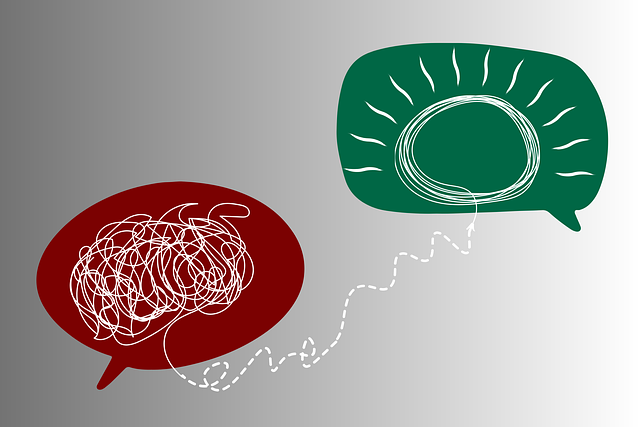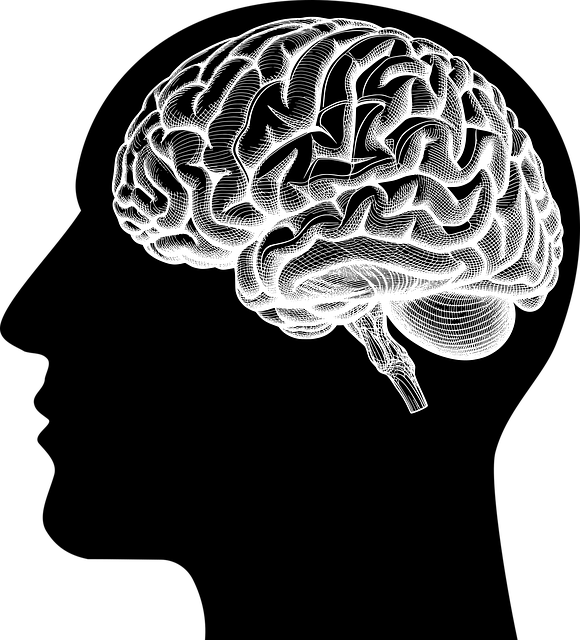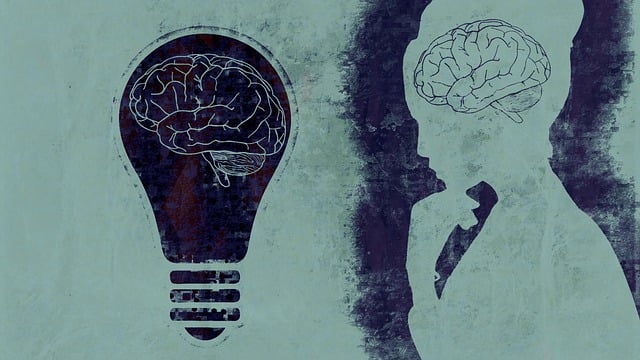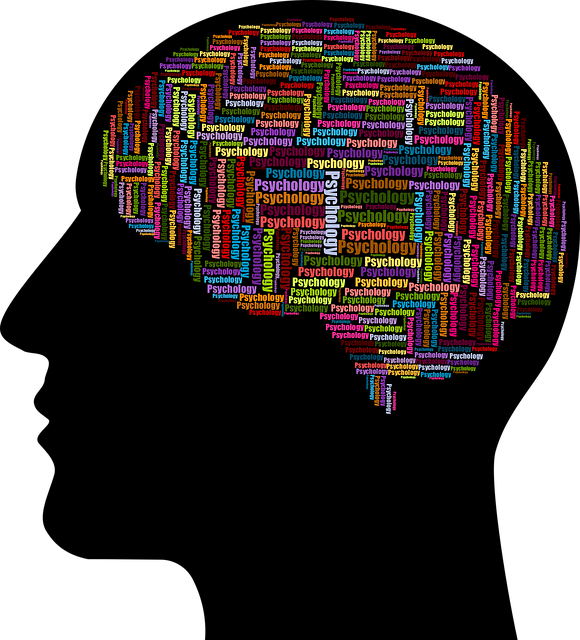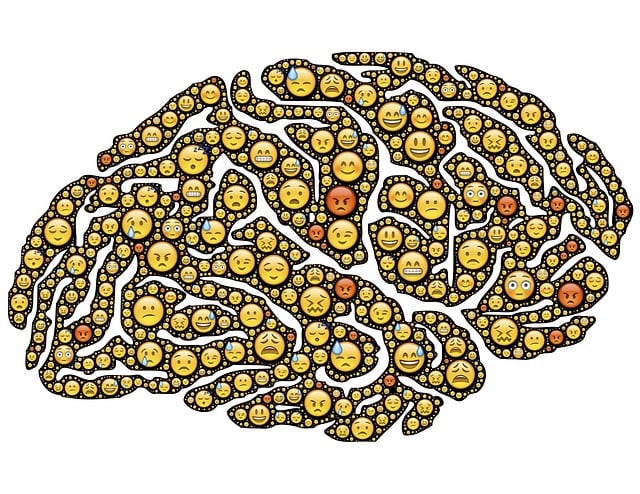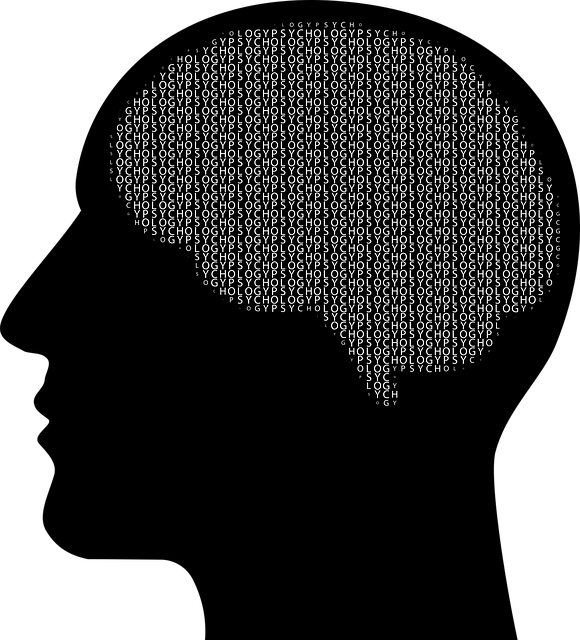Greenwood Village International Adoptions Therapy offers specialized mental wellness groups led by expert facilitators, creating a supportive environment for individuals facing similar challenges. These groups empower members through shared experiences, peer insights, and coping strategy learning, utilizing diverse therapeutic approaches to improve holistic emotional well-being. Facilitators act as guiding companions, fostering open dialogue, setting clear boundaries, and encouraging active participation in a safe, non-judgmental space. Evidence-based techniques, like Mental Wellness Journaling, are used to promote emotional regulation, stress management, and burnout prevention. Success is measured through both quantitative and qualitative assessments, with continuous improvement driven by participant feedback and risk assessment for mental health professionals.
Mental wellness group facilitation is an impactful practice, as evidenced by the successful programs at Greenwood Village International Adoptions Therapy. This article explores techniques for facilitators to create supportive environments, enhance group dynamics, and conduct effective sessions. We delve into the role of a facilitator, group assessment strategies, and evidence-based methods to improve mental health outcomes. Learn from best practices at Greenwood Village to navigate complex group interactions and foster positive change.
- Understanding Mental Wellness Groups: A Foundation for Facilitation
- The Role of a Facilitator at Greenwood Village International Adoptions Therapy
- Group Dynamics: Building a Safe and Supportive Environment
- Evidence-Based Techniques for Effective Group Sessions
- Measuring Success: Assessment and Improvement Strategies
Understanding Mental Wellness Groups: A Foundation for Facilitation

Mental wellness groups serve as a powerful tool for fostering support and understanding among individuals facing similar challenges. These groups provide a safe space where members can share their experiences, gain insights from peers, and learn effective coping strategies. Facilitating such groups requires a deep understanding of mental health dynamics and the ability to create an inclusive environment. At Greenwood Village International Adoptions Therapy, we recognize the significance of group facilitation in enhancing emotional regulation and crisis intervention guidance.
Through the development of mental wellness coaching programs, our experts equip facilitators with the necessary skills to navigate complex situations. By fostering open dialogue and promoting active listening, these sessions enable participants to build resilience and manage their mental health effectively. The techniques employed draw from various therapeutic approaches, ensuring that each group session contributes to the holistic improvement of emotional well-being.
The Role of a Facilitator at Greenwood Village International Adoptions Therapy

At Greenwood Village International Adoptions Therapy, the role of a facilitator goes beyond mere coordination. They serve as a guiding light for individuals navigating complex mental health journeys, fostering an environment that promotes open dialogue and profound personal growth. Through techniques tailored to enhance mental wellness, these facilitators create a safe space where clients feel empowered to share their experiences, challenge perspectives, and build resilience.
The ultimate goal is to not only improve mental health awareness but also to boost participants’ confidence in themselves and their abilities to overcome challenges. By skillfully navigating group dynamics, the facilitators at Greenwood Village encourage active engagement, ensuring every voice is heard. This inclusive approach ultimately empowers individuals to take charge of their mental well-being and embrace transformative personal growth.
Group Dynamics: Building a Safe and Supportive Environment

Creating a supportive atmosphere is paramount when facilitating mental wellness groups. The dynamics of a group setting can greatly impact an individual’s therapeutic journey, especially in sensitive topics like adoptions therapy. At Greenwood Village International Adoptions Therapy, we understand the power of community and trust. Facilitators play a crucial role in fostering an environment where members feel safe to share their experiences, emotions, and unique perspectives without fear of judgment. This involves establishing clear boundaries, encouraging active participation, and promoting open communication.
By implementing effective group facilitation techniques, healthcare providers can help individuals develop emotional regulation skills, enhance stress management, and even prevent burnout. Through interactive activities, guided discussions, and peer support, members learn valuable coping strategies that cater to their specific needs. The goal is to create a supportive network where everyone feels heard, respected, and empowered, mirroring the inclusive spirit of organizations dedicated to Burnout Prevention Strategies for Healthcare Providers.
Evidence-Based Techniques for Effective Group Sessions

In facilitating mental wellness group sessions at Greenwood Village International Adoptions Therapy, evidence-based techniques play a pivotal role in fostering meaningful connections and positive outcomes. These methods are designed to enhance emotional well-being promotion techniques, ensuring every participant feels heard, supported, and valued. Through interactive discussions and guided activities, facilitators encourage self-care practices that empower individuals to manage stress, anxiety, and other mental health challenges.
One effective approach is Mental Wellness Journaling Exercise Guidance, where participants are encouraged to reflect on their experiences, emotions, and thoughts in a structured journal. This practice allows for introspective dialogue during group meetings, fostering open communication and empathy among members. By integrating Self-Care Practices into the fabric of these sessions, facilitators at Greenwood Village aim to normalize conversations around mental wellness, ultimately transforming lives through supportive communities and tailored strategies.
Measuring Success: Assessment and Improvement Strategies

Measuring success in mental wellness group facilitation involves a multifaceted approach that extends beyond simple attendance or completion of sessions. At Greenwood Village International Adoptions Therapy, we prioritize quantitative and qualitative assessments to evaluate the effectiveness of our programs. This includes pre- and post-group surveys to gauge participants’ mental health status, satisfaction levels, and perceived improvements. By comparing these data points, facilitators can identify specific areas where groups excel or need adjustment.
Incorporating feedback from both participants and healthcare providers is crucial for continuous improvement. The design of mental health education programs should be informed by these insights, ensuring they meet the evolving needs of the community. Moreover, risk assessment for mental health professionals is integral to maintaining safe and supportive group environments, fostering a culture of cultural competency among healthcare providers through dedicated training sessions.
Mental wellness group facilitation is an art that significantly impacts individuals seeking support. As evidenced by practices at Greenwood Village International Adoptions Therapy, facilitators play a pivotal role in creating safe spaces for healing and connection. By understanding group dynamics and employing evidence-based techniques, facilitators can foster meaningful interactions and enhance overall well-being. This article has explored various aspects of group facilitation, from foundational knowledge to assessment strategies, offering valuable insights into the successful navigation of group therapy sessions, much like Greenwood Village’s innovative approach.

